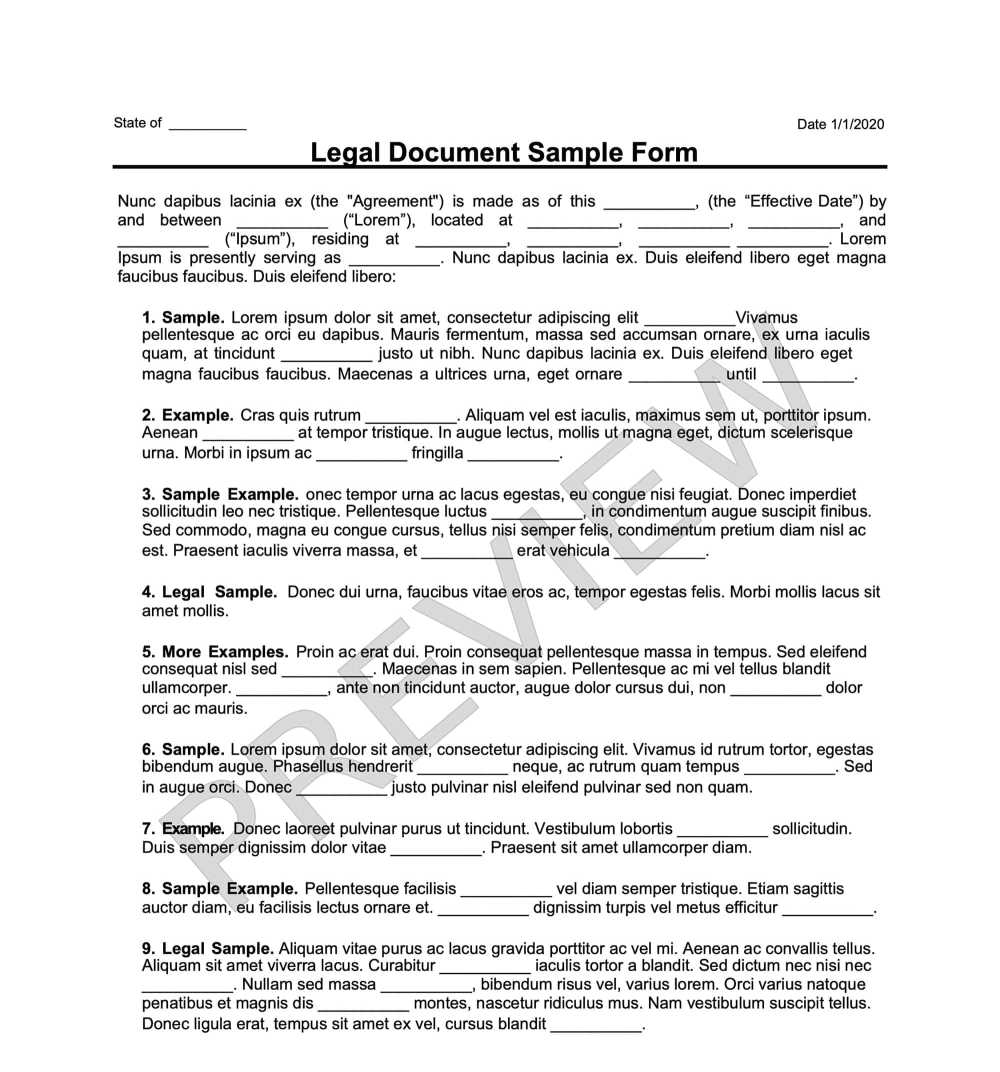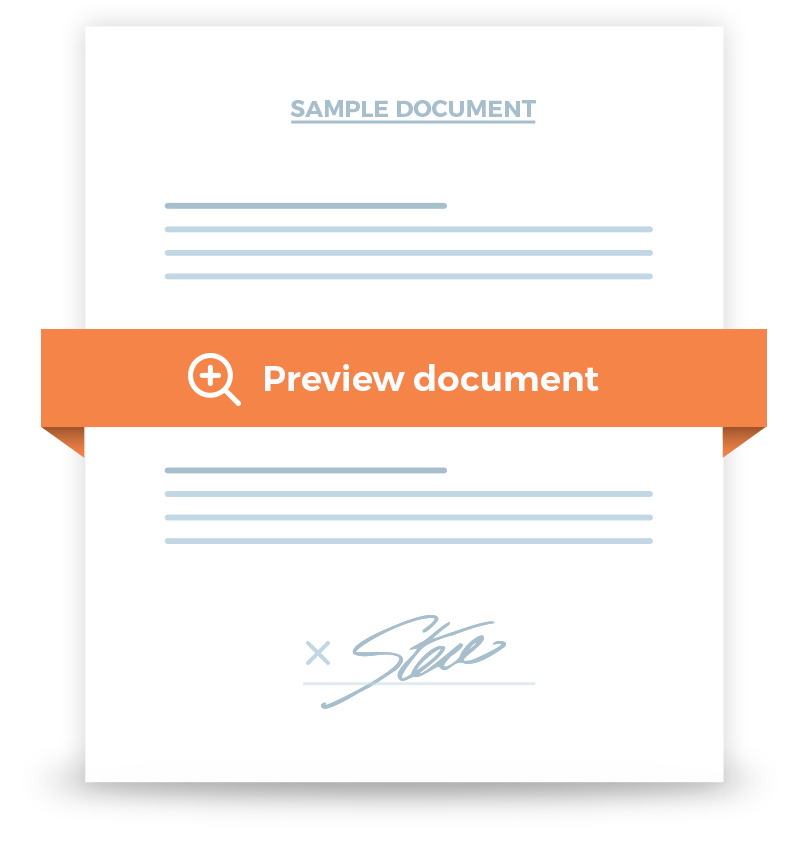Notice to Enter
Landlords must use a Notice to Enter to inform a tenant of their intent to enter the rental property at a specified date and time. Assuming that the tenant is in good standing, landlords do not have a right to enter a property without this form.


Frequently Asked Questions
In most states, landlords must notify a tenant at least 24-48 hours before making an announced visit to the rental property.
For privacy reasons and more, a landlord's unannounced visit to a rental property can be considered trespassing or harassment. In return, it would be within the tenant's right to issue an Invasion of Privacy, which can be used as a basis to sue the landlord for damages in a small claims court.
Yes, the tenant and the landlord can work out a time and date that works for both parties. Generally speaking, business hours are considered reasonable and unobjectionable.
Assuming that the landlord has a valid reason in a properly sent Notice to Enter, the tenant does not have a right to refuse entry to the landlord. However, if the reason is not valid, the landlord does not have a right to enter, and the tenant can refuse to let the landlord in.
Among others, valid reasons for Notices to Enter include:
- Property inspection (but only if the landlord has a valid reason to suspect property damage)
- Renovation or maintenance as requested or agreed to by the tenant
- Showing the property to prospective tenants nearing the end of the lease
- Responding to witnessed illegal activities
Generally, you will hand deliver or affix the notice to the tenant’s door. You may mail the notice as well, but if you do then you’ll have to factor in mail delivery time to be compliant with the state’s notice requirements.
You do not need to file the notice in court; however, you should retain a copy of the notice for your records in the event you need to show proof before a judge.




